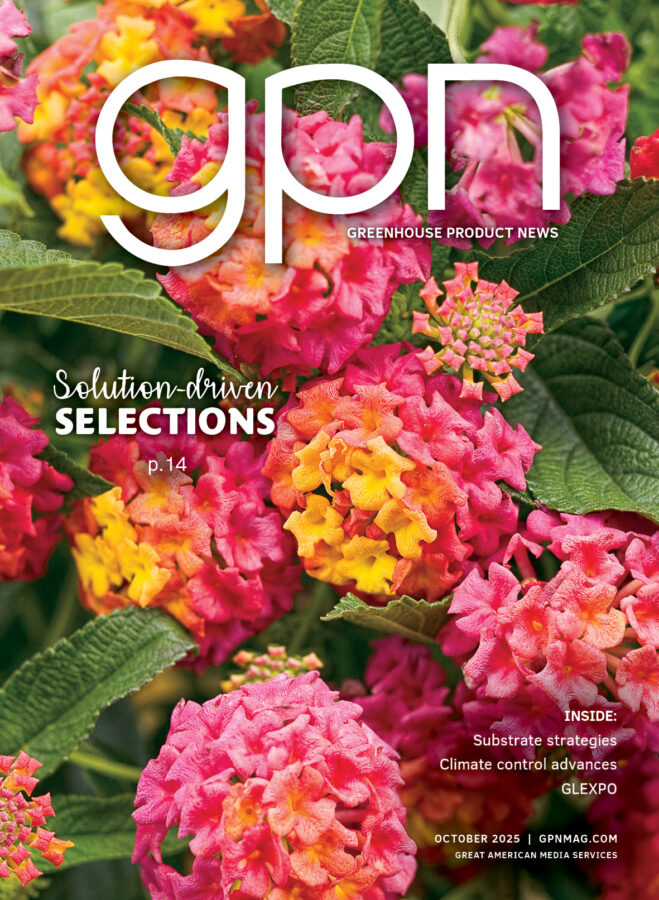Scientists Breed Cold-Tolerant Petunia
In an effort to develop a more cold-tolerant petunia, researchers from the University of Toledo have been able to develop petunias that are able to survive below-freezing temperatures, according to an article in the Toledo Blade.
The scientists, Stephen Goldman, R.V. Sairam and Parani Madasamy, say this is only the tip of the iceberg, so to speak, when it comes to the flower possibilities they will be able to work with for freeze tolerance. The researchers simply inserted a gene from Aribidopsis, a mustard-family weed that has good cold tolerance, into the petunia, according to the Toledo Blade.
Sairam, assistant director of University of Toledo’s Plant Science Research Center, said in a webbiocheck.com article, “We can transform pretty much any crop using this gene.” In the Toledo Blade Madasamy, who performed the hands-on work in the project said, “The genetic alteration also confers drought and salinity tolerance.”
The research team hopes that this work will eventually help benefit northwest Ohio greenhouse growers.
“The second-largest cost in the greenhouse industry is utilities,” said Goldman, director of the Plant Science Research Center in the Toledo Blade article. “When you’re competing with people out of Florida and out of California, it’s a big thing.”
This new discovery may allow growers the ability to produce these freeze-tolerant crops in much colder greenhouses and reduce early-spring growing temperatures by 10-20° F.
One of the things that the team is still trying to work on is how well the plant grows at the freezing temperatures and where the benefit is since the cold slows the growth. According to the Toledo Blade “the petunias will be tested by the U.S. Department of Agriculture, which funded the research, to see how low the plants can go, how well they grow and how long they can survive at reduced temperatures.”
Freeze-tolerant varieties could benefit growers all over the country, especially the colder regions. It seems like there may still be some more testing to do, but things might just be changing in this industry to bring longer seasons and more hardy plants.
This type of gene altering is not the only type that is taking place. There are a number of researchers working on drought tolerance, color retention and much more. We’ll see how all of this research has paid off when we can grow calibrochoa in Egypt and gerberas in Siberia.









 Video Library
Video Library 


















